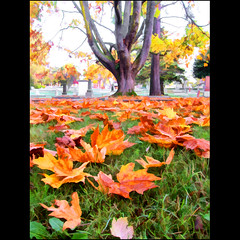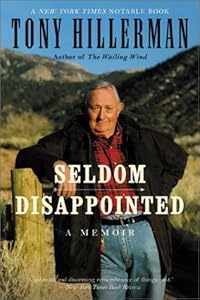 |
| Jesus Christ is himself the cornerstone (Ephesians 2:20) |
Twitter @opinaripeople
When trying to write about faith recently I knew I might try to talk myself out of the undertaking. Faith's scope and implications are weighty. What prompted me to try is that faith is a word increasingly misused as applicable to religions that have little or nothing to do with Christ. I often return to this thought of the error of accepting any application of faith that insists on using this word apart from God and the prophesied Messiah.
"It is their faith" is a misdirection when it speaks of religion, dogma, or teachings, because faith is not an institution, philosophy, or religion. I came to the point of wanting to assert that when we speak of faith we use a singularly original and weighty word whose meaning and use are established in early Judeo-Christian scriptures. The word faith has its roots unchanging, in truth. Faith is not a word that should be allowed to morph into a general, surface term. It is a word like the stone that must go at the corner, to stabilize. Its meaning and its specific reference do not change with the times.
The church bears witness to "one Lord, one faith, one baptism." This refers precisely to one "tie" to God, which is the faith to grab onto in order to hold onto Christ. That is its chief relation. The history of this singular faith is seamless in this way.
The organizers of the Amplified version of the Bible used adhere to, cleave to, rely on, have faith in, and these words to express what is needed to continue to relate to God as revealed in the Son, Jesus. Jesus said, I assure you, most solemnly I tell you, he who believes in Me [who adheres to, trusts in, relies on, and has faith in Me] has (now possesses) eternal life [John 6:47].
Faith encompasses and lifts up the truth: Jesus is Lord, Savior, Redeemer of the world. Therefore, faith [the bond with the reality of the risen and living Lord] is not a faith, but the faith that makes us whole, in Christ.
Faith encompasses and lifts up the truth: Jesus is Lord, Savior, Redeemer of the world. Therefore, faith [the bond with the reality of the risen and living Lord] is not a faith, but the faith that makes us whole, in Christ.
Copyright (c)2011 Opinari Writers




















